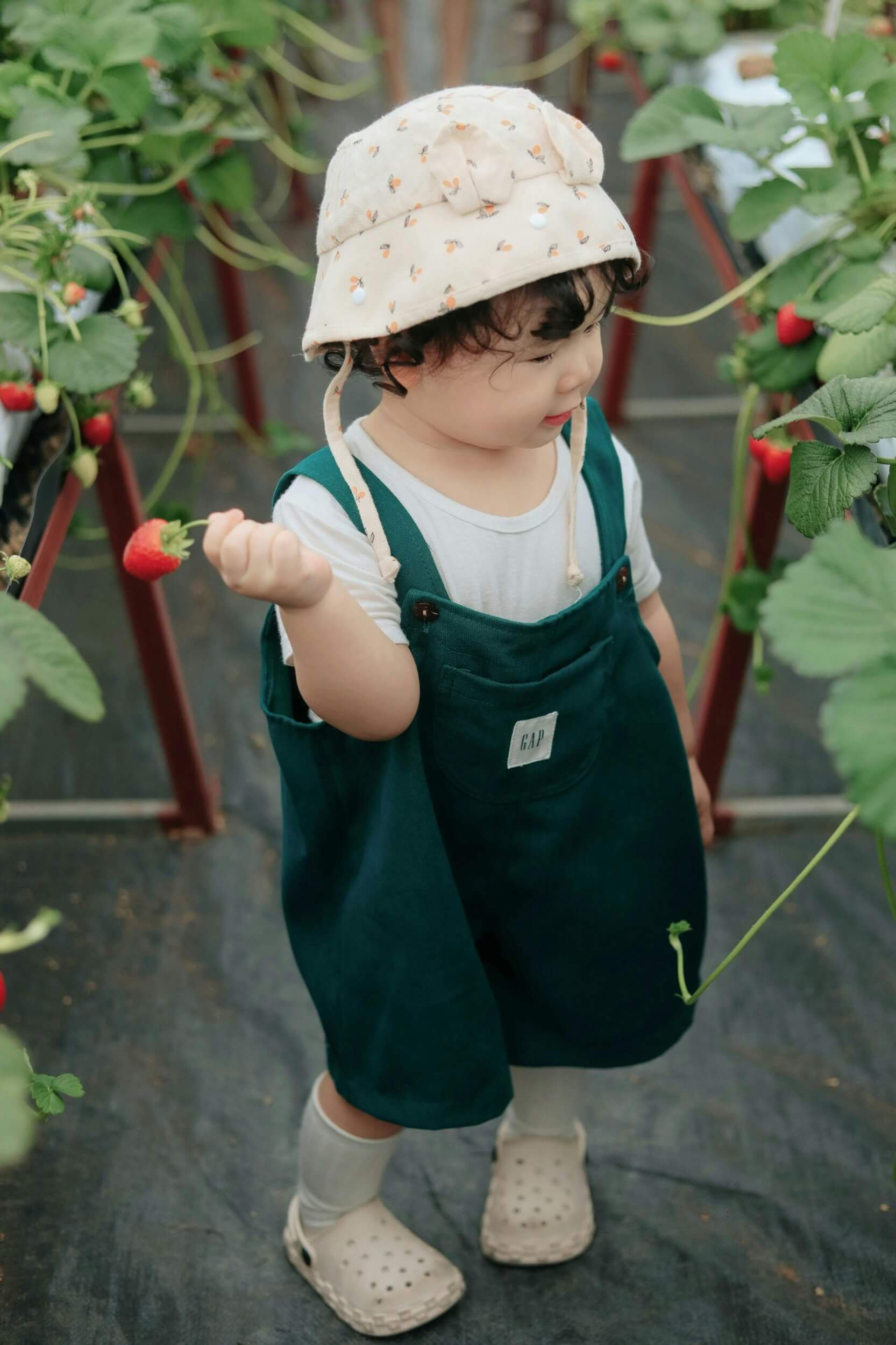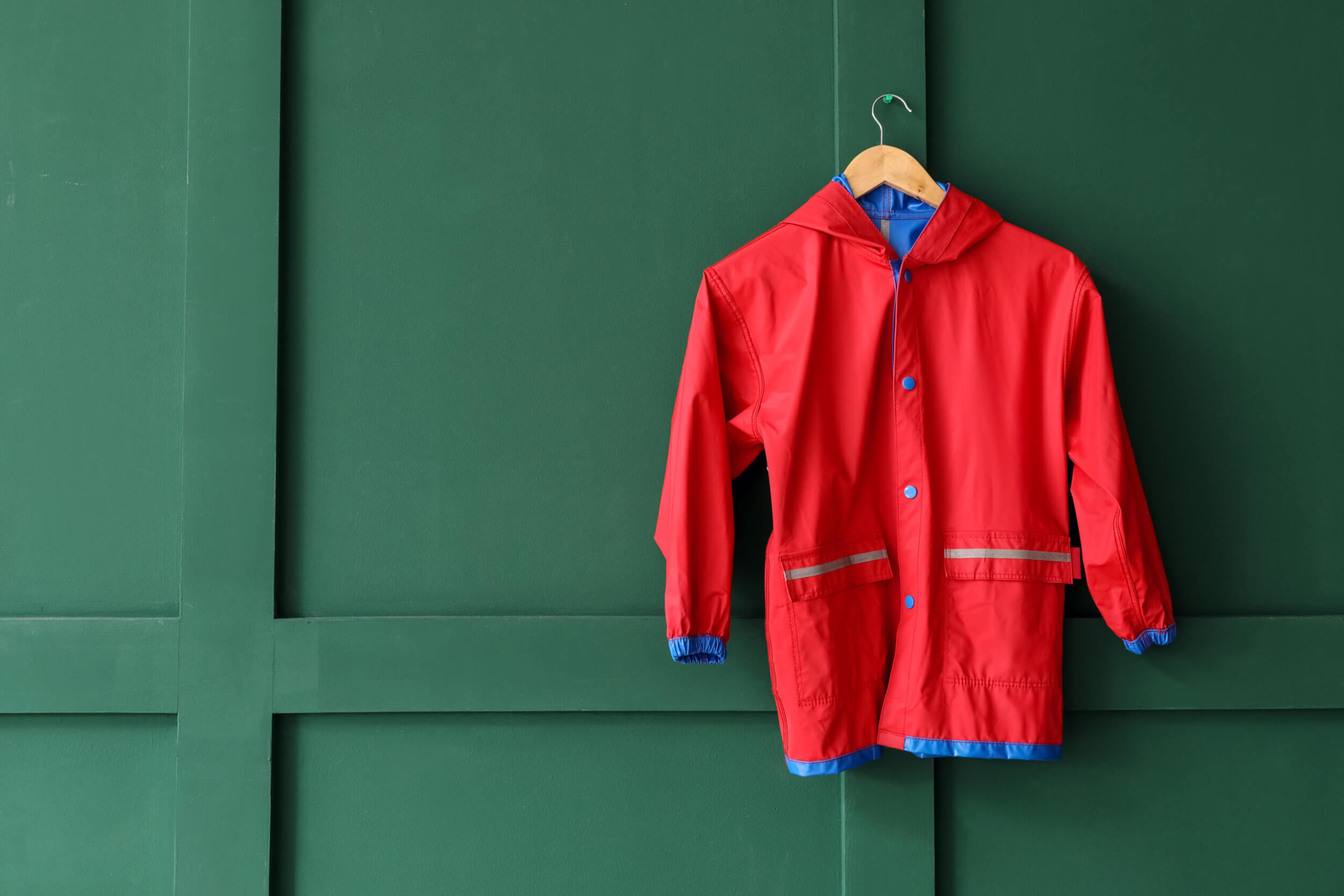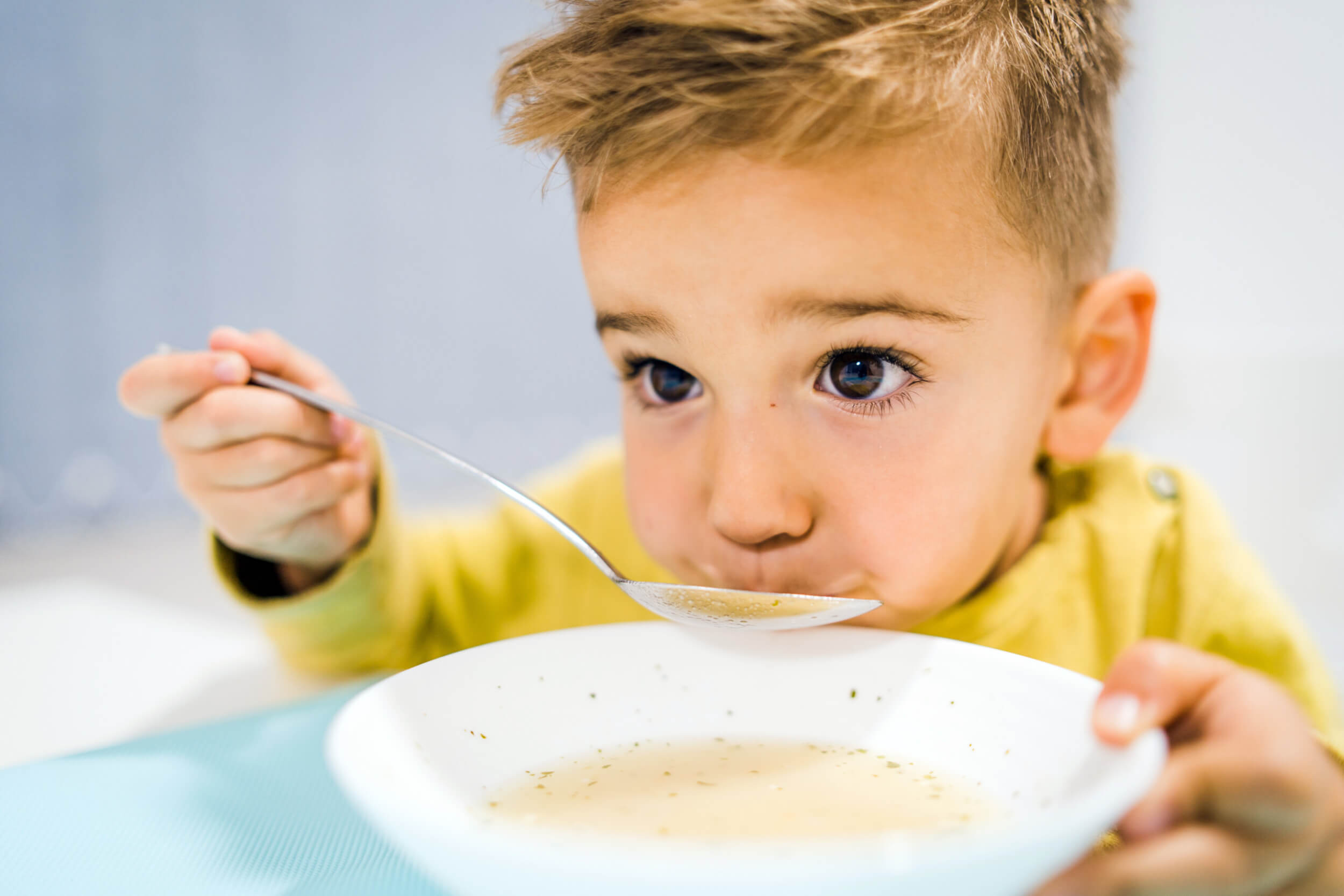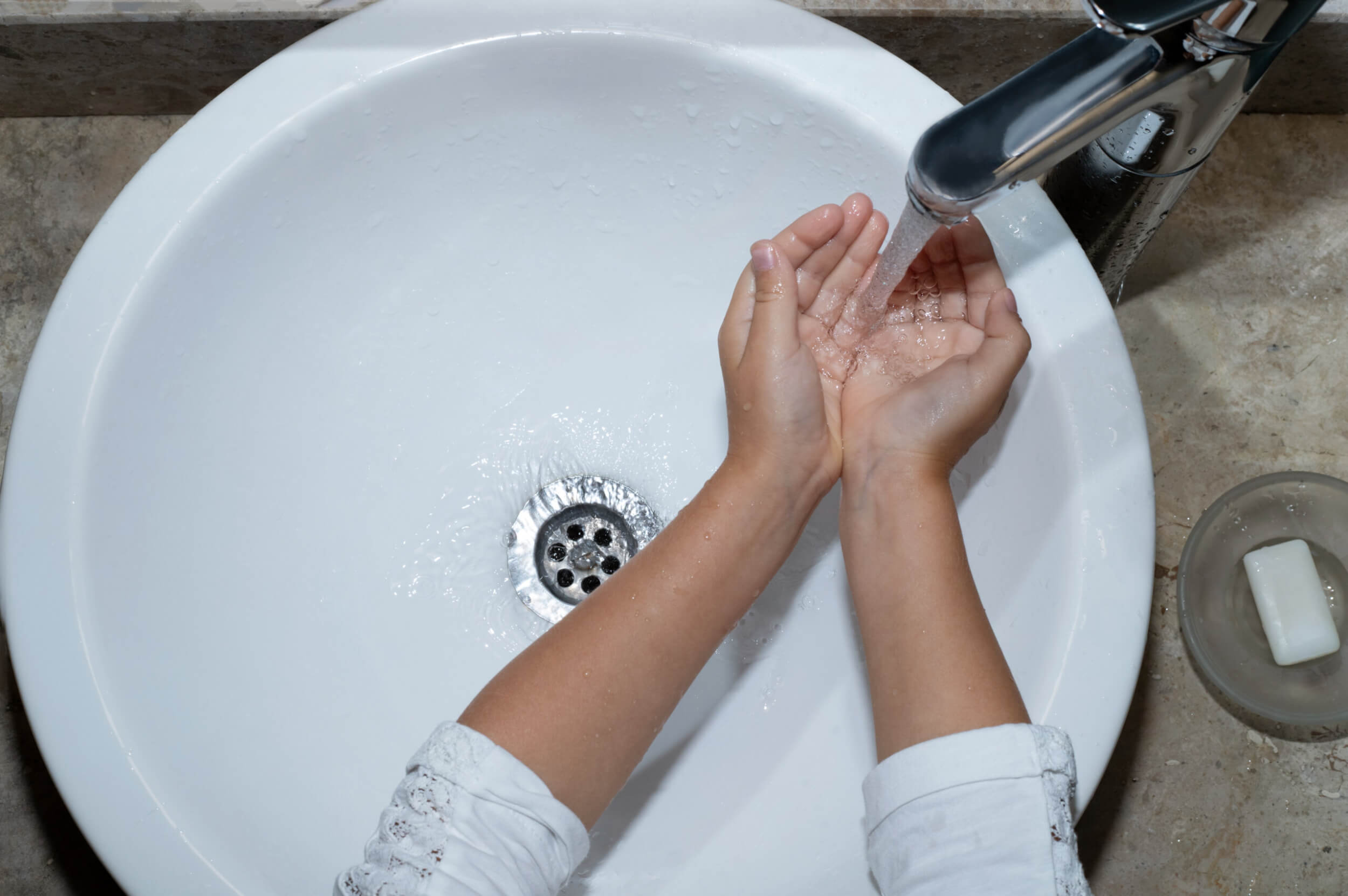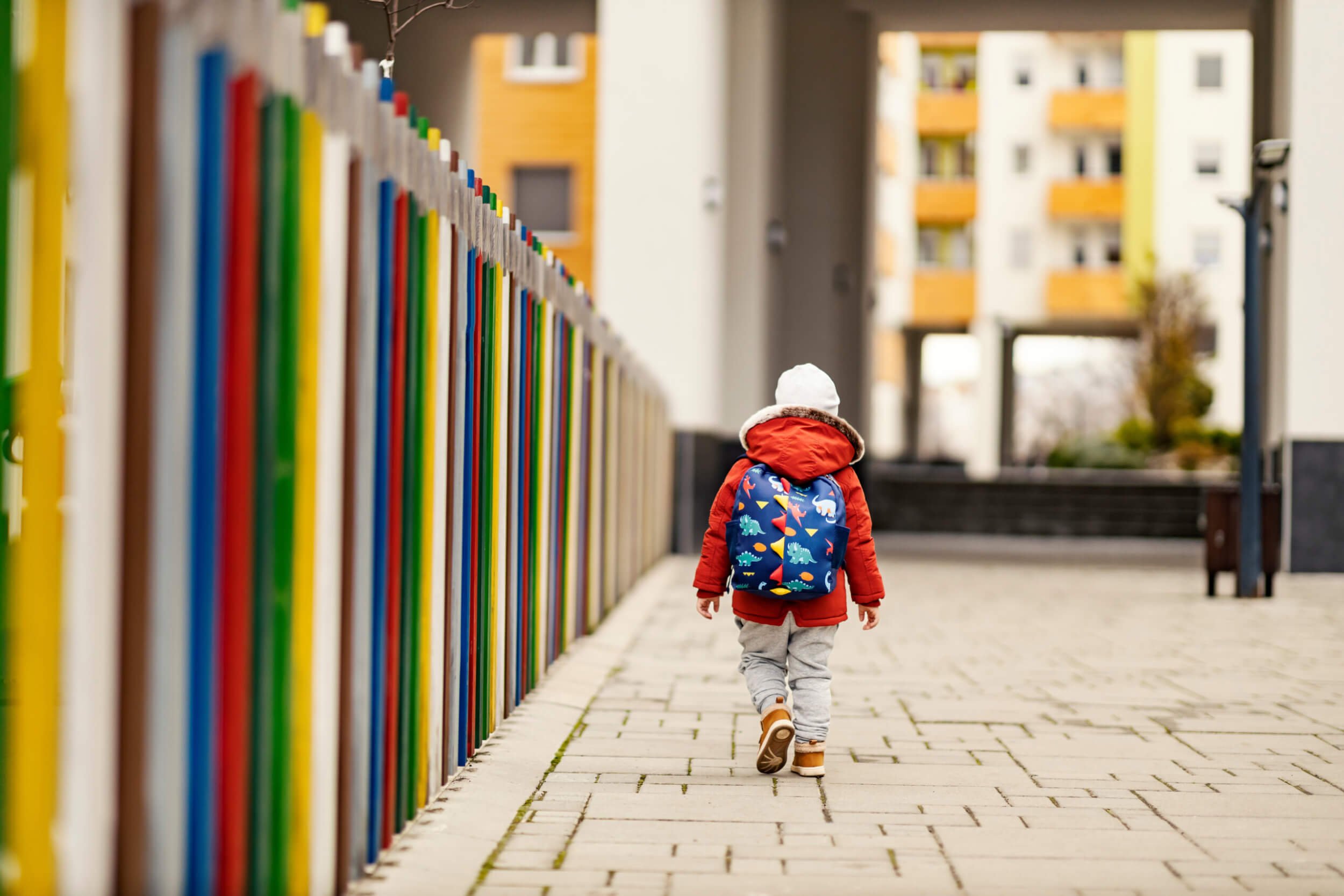
What school readiness means
There has been growing concern in the media and among educators that a substantial number of children are entering school without the necessary day-to-day skills. A report published in January 2025 by a charity called Kindred Squared revealed that one in three children who began Reception in September 2024 were not considered school-ready by their teachers.
This conversation may spark anxiety for parents, especially as September draws near. But it also offers a moment to reflect on what genuine school readiness involves. It is not just about knowledge of letters and numbers. It is about being emotionally secure, practically confident, and ready to navigate a new environment.
